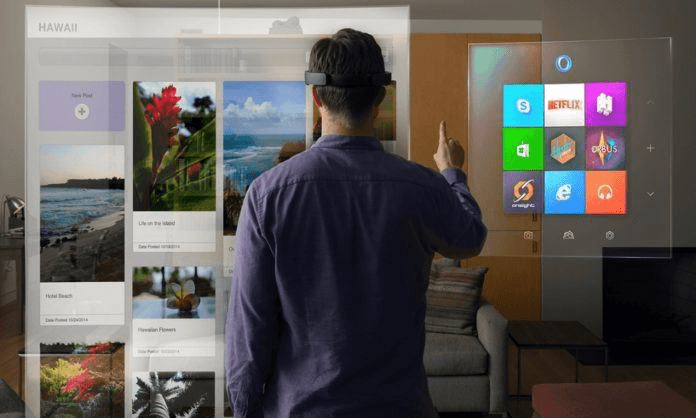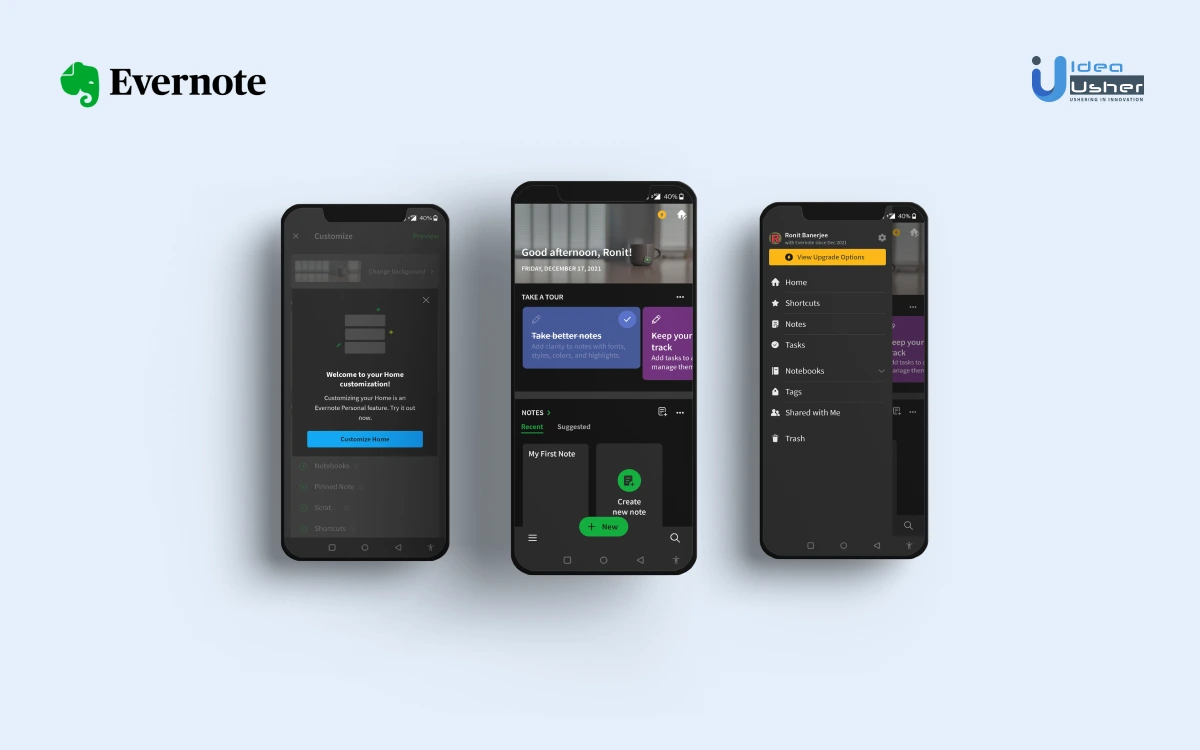In the early stages, AR was limited to hardware like HUD and innovative handheld devices. Because augmentation techniques are typically performed in real-time and in semantic context with environmental elements. They need hardware components like processor, display, sensors and input devices. All of these are available in modern mobile computing devices like smartphones and tablets as they contain similar elements. It often includes a camera and MEMS sensors such as an accelerometer, GPS, and solid-state compass, making them sustainable AR platforms.
”With technology moving ahead with the speed of light, why should we lurk behind?” says Shanna Tellerman, Modsy’s CEO who believes in even more robust uses for 3D renderings. According to Tellerman, “It’s important to envision the whole room, including pieces you own and pieces you’re considering purchasing.”
How Is Augmented Reality Changing The Way We Buy Things
Augmented reality can help brands improve the customer experience both in-store and online. AR can improve customer experience through all the stages of the funnel bringing the best of both worlds together.
Ongoing researches on shopping experiences have declared AR a better option over traditional 2D designs of most E-commerce websites. This is because the customers get the experience of virtually ‘trying’ things online. These statements levy a huge impact on the current generation of online shopping geeks. Customers not only get to scroll through a large variety of products but also technically experience the products on their physical environment and their bodies.
Now we are expecting to see products turning the real world into fully detailed on-screen displays with real-time simulations. Making it the most immersive experience, which is making two ends meet for the first time. Google Lens aims to make your smartphone’s camera even smarter by being able to accurately identify most objects by sight.
”That day is not far away when we see every inch of our world converting into a dystopian World trade center,” says Jay Samit, vice chairman of Deloitte Digital. Hardware and software companies like Apple (with their new Ar-kit software) and Samsung are slowly pointing consumer companies towards a new era of marketing. This is where smartphone lenses would act as windows through which we can see an ‘altered’ version of our world. This changes and adapts according to the customer’s will.
Best Augmented Reality E-commerce Examples
Lenskart
With their unique feature of ‘3D Try-on’ Lenskart is leading the e-commerce market in spectacles. This feature is easy to use and has continued to evolve its offering. It lets users check how a frame looks on their faces by a photo perception presented in both web and app formats.
Modsy
The 3D design feature of the app lets you visualize what an upgraded living space could look like. It provides real pictures of your space and recommendations for the modification of furniture and objects. It also shows pre-tailored suggestions according to your specific tastes and size parameters. The user just has to put in some efforts while taking complete measurements and pictures of the room to set a clear framework.
Sephora
Sephora has defined the boundaries in terms of AR usage. This site offers a variety of features that range from trying on dresses to applying full-face make-up. It helps you decide what kind of look the user is aiming for dispensing a rich and meaningful experience. Customers can be confident while choosing from the wide range of products with virtually being able to ‘try on’ every product.
Tap Painter
This is a pretty vivid application that allows users to check how diverse paints would look on the walls of their home. The user can even type in swatches ID to get a more accurate depiction of how their room would look like after using a particular brand of paint. This is a pretty handy app as plenty of people paint or re-paint their houses every day.
All things said and done, AR is overlaying various companies’ visions over our daily life. This is soon going to turn into our ‘altered’ reality which may take vigorous turns over time either harmful or beneficial. It all depends on the user’s perception. This all turns out to be fierce alas! But we are always there to help you and your budding company out along this roller coaster ride of Augmented reality to expand your business exponentially with just one click.






















